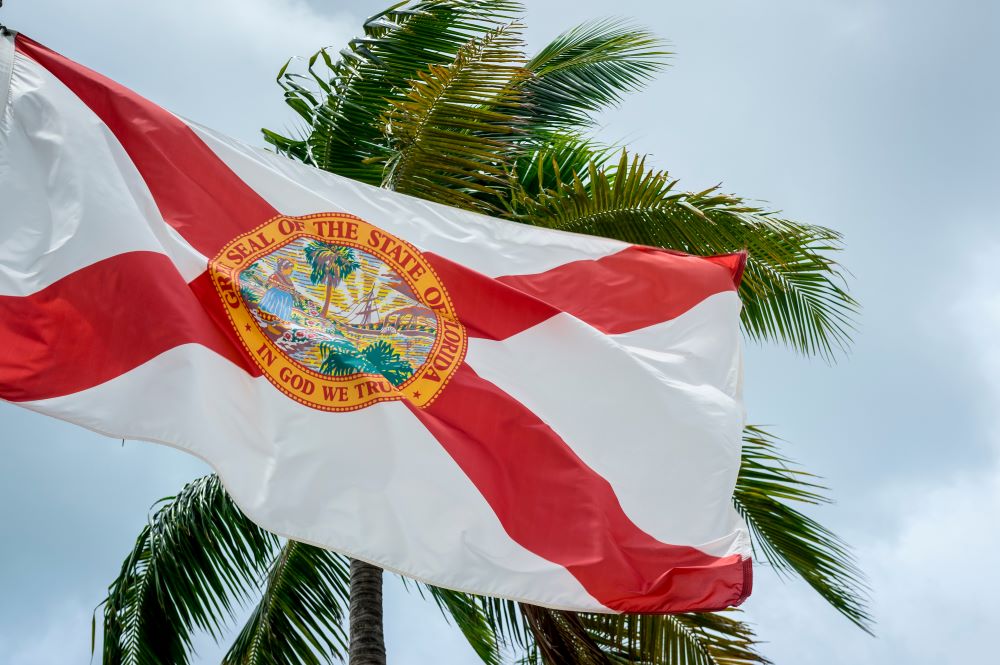Laws are always subject to change. When new legislators are sworn in, they have an opportunity to review and modify the acts passed by their predecessors. While legislators often take the opportunity to do just this, many times, the changes are only slight modifications to existing law.
On occasion, though, the laws passed by a legislature are sweeping in their effect and alter the legal landscape in unmistakable ways. This happened with the passage of HB 837, which Governor Ron DeSantis signed into law on March 24, 2023. Here is what the passage of this tort reform potentially means for injury victims in Florida.
Key Effects of HB 837 on Civil Lawsuits
There are at least three major changes that HB 837 makes to Florida’s statutes. These changes involve the following key areas:
The Statute of Limitations
The statute of limitations in negligence cases has now been narrowed from four years to two years. Thus, individuals who are hurt by others’ carelessness may have a reduced window of opportunity to seek compensation for their injuries.
However, HB 837 did not change the statute of limitations for certain injury cases. Specifically, car accident cases, wrongful death lawsuits, and premises liability cases all still have a four-year statute of limitations.
As a result of this change, injury victims may be under pressure to seek out and talk with a Florida personal injury lawyer much sooner than they might be prepared to.
Comparative Negligence
Prior to HB 837, Florida was one of the few states in the nation that followed “pure” comparative negligence. This meant that plaintiffs in Florida could sue someone who hurt them through a negligent act, even if that negligent act were not the primary cause of all of the plaintiff’s injuries.
Under the pure comparative negligence statute, a plaintiff’s recovery would be reduced in proportion to the amount of responsibility the plaintiff bore for causing the accident or their own injuries.
Now, plaintiffs are completely barred from any recovery in cases where they are found to be more than 50% at fault. If they are not the primary tortfeasor, they should be able to recover damages. However, the precise amount they would recover would still be reduced in proportion to any negligence the plaintiff committed.
This makes Florida one of the majority of states that have already adopted the modified comparative negligence scheme. Medical malpractice cases are unaffected by this change.
Bad Faith Claims Against Insurers
A bad faith claim against an insurer is generally brought when an insurer is presented with a valid claim for payment but delays unreasonably in paying the claim or otherwise does not promptly address the claim. HB 837 makes some modifications to the way that these claims will work in Florida going forward.
First, the new law permits a court to hear a bad faith action in order to consider whether any party in the situation, including the insurer and the claimant, acted in bad faith toward the other.
Bad faith could include not providing information promptly, making unreasonable and burdensome demands on the other party, or not seriously engaging in efforts to pay or settle the claim quickly. A court can consider such evidence in deciding what damages are appropriate.
Secondly, it is not considered bad faith if, within 90 days of receiving a plaintiff’s claim, the insurer either pays the claim or the lower limits of the policy — whichever is less.
Last, HB 837 modifies what an insurer is to do when multiple claims are filed against a single policy and the aggregate amount of those claims exceeds the applicable policy’s limits. Insurers can now ask a court to determine what claims will be paid and how to prorate them if they exceed the policy’s limits.
A Seasoned Florida Personal Injury Lawyer Is Essential
The changes brought on by HB 837 illustrate one of the chief benefits of having a Florida personal injury lawyer assist you in your case. Most individuals are unaware of changes in the law from one year to the next or their impact on their legal rights in a personal injury case.
At Schrier Law Group, we make it our business to know the law and how to use the law to our client’s advantage. We can determine your legal options based on the most up-to-date information and guide you in choosing the best path forward. Contact us to schedule a consultation today.






